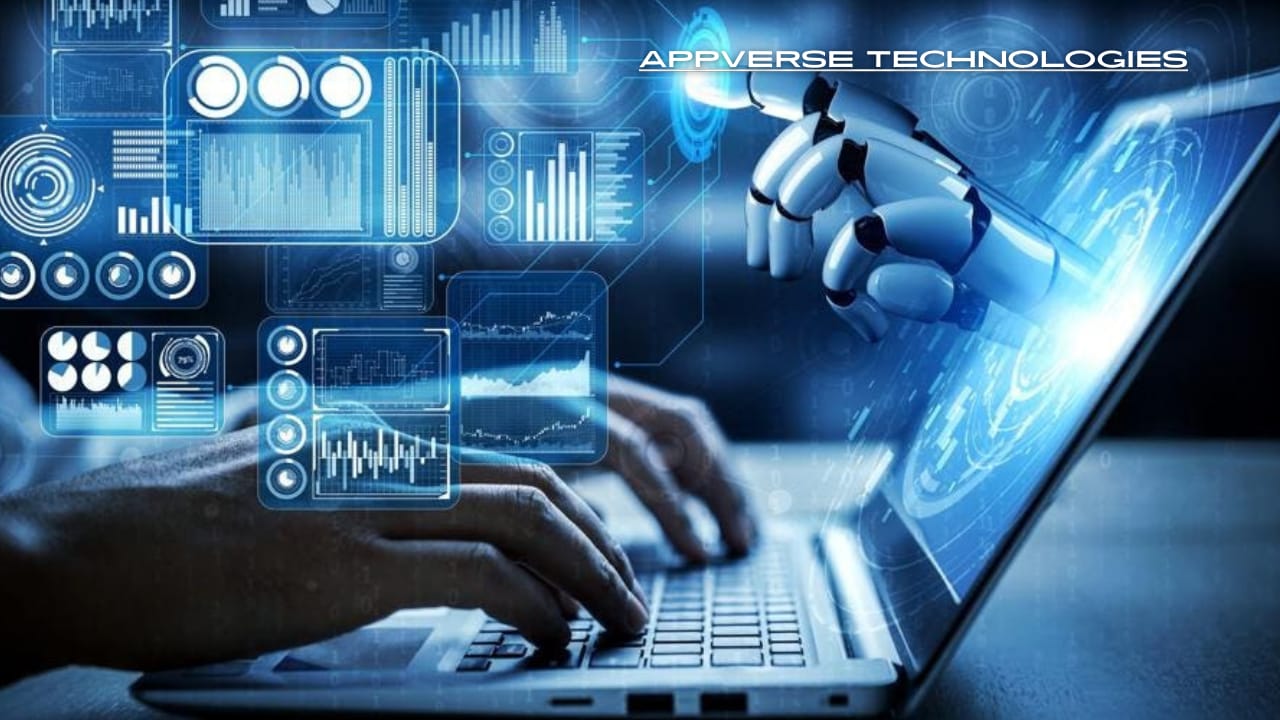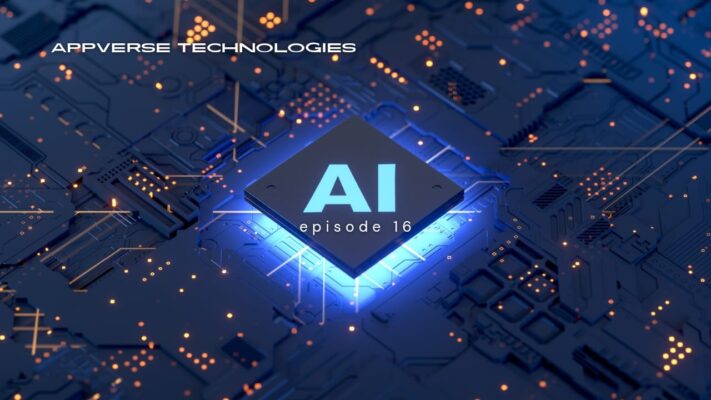
Artificial Intelligence (AI) refers to the development of computer systems that can perform tasks that typically require human intelligence, such as:
- Learning
- Problem-solving
- Reasoning
- Perception
- Language understanding
AI systems use algorithms and data to make decisions, often faster and more accurately than humans. They can analyze vast amounts of data, identify patterns, and adapt to new situations.
AI has various forms, including:
- Narrow or Weak AI (e.g., virtual assistants, image recognition)
- General or Strong AI (e.g., human-like intelligence, decision-making)
- Superintelligence (e.g., significantly surpassing human intelligence)
AI applications are diverse, such as:
- Natural Language Processing (NLP)
- Computer Vision
- Robotics
- Expert Systems
- Predictive Analytics
The goals of AI include
- Automation
- Efficiency
- Innovation
- Improved decision-making
- Enhanced customer experiences
AI has the potential to transform industries and revolutionize the way we live and work. Its development and applications continue to evolve, shaping the future of humanity.
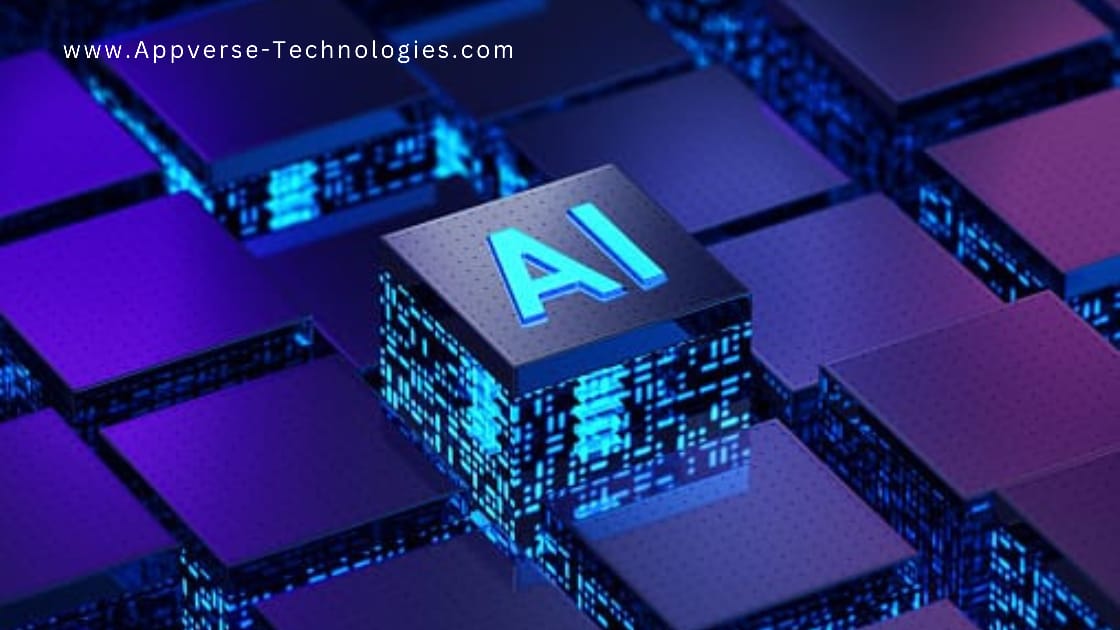
Revolutionizing Business with AI: Unlocking Growth and Efficiency
Artificial intelligence (AI) has transformed the way businesses operate, making it an essential tool for success in today’s fast-paced market. By harnessing the power of AI, companies can streamline processes, enhance customer experiences, and drive innovation. In this blog, we’ll explore the benefits of AI for businesses and how it can propel growth and efficiency.
Automation and Efficiency:
AI automates repetitive tasks, freeing up human resources for strategic decision-making and creativity. This leads to increased productivity, reduced errors, and lower operational costs.
- Data-Driven Insights:
AI analyzes vast amounts of data, providing actionable insights that inform business decisions. This enables companies to identify trends, predict customer behavior, and optimize operations. - Enhanced Customer Experience:
AI-powered chatbots and virtual assistants offer personalized support, resolving customer queries and improving engagement. AI-driven sentiment analysis also helps businesses understand customer preferences. - Innovation and Competitiveness:
AI fosters innovation by identifying new opportunities, improving product development, and enabling businesses to stay ahead of the competition. - Fraud Detection and Security:
AI-powered tools detect and prevent fraud, protecting businesses from financial losses and reputational damage. - Employee Augmentation:
AI enhances employee capabilities, enabling them to focus on high-value tasks, and improving overall job satisfaction. - Predictive Maintenance:
AI-driven predictive maintenance reduces downtime, improves asset utilization, and optimizes resource allocation. - Supply Chain Optimization:
AI streamlines supply chain management, predicting demand, managing inventory, and improving logistics. - Marketing and Sales:
AI-driven marketing and sales tools enable businesses to target customers more effectively, improving conversion rates and revenue growth. - Scalability and Flexibility:
AI enables businesses to scale quickly, adapt to changing market conditions, and respond to customer needs more efficiently.
Conclusion:
AI is a game-changer for businesses, offering numerous benefits that drive growth, efficiency, and innovation. By embracing AI, companies can stay competitive, improve customer experiences, and unlock new opportunities. Don’t miss out on the AI revolution – start harnessing its power today!
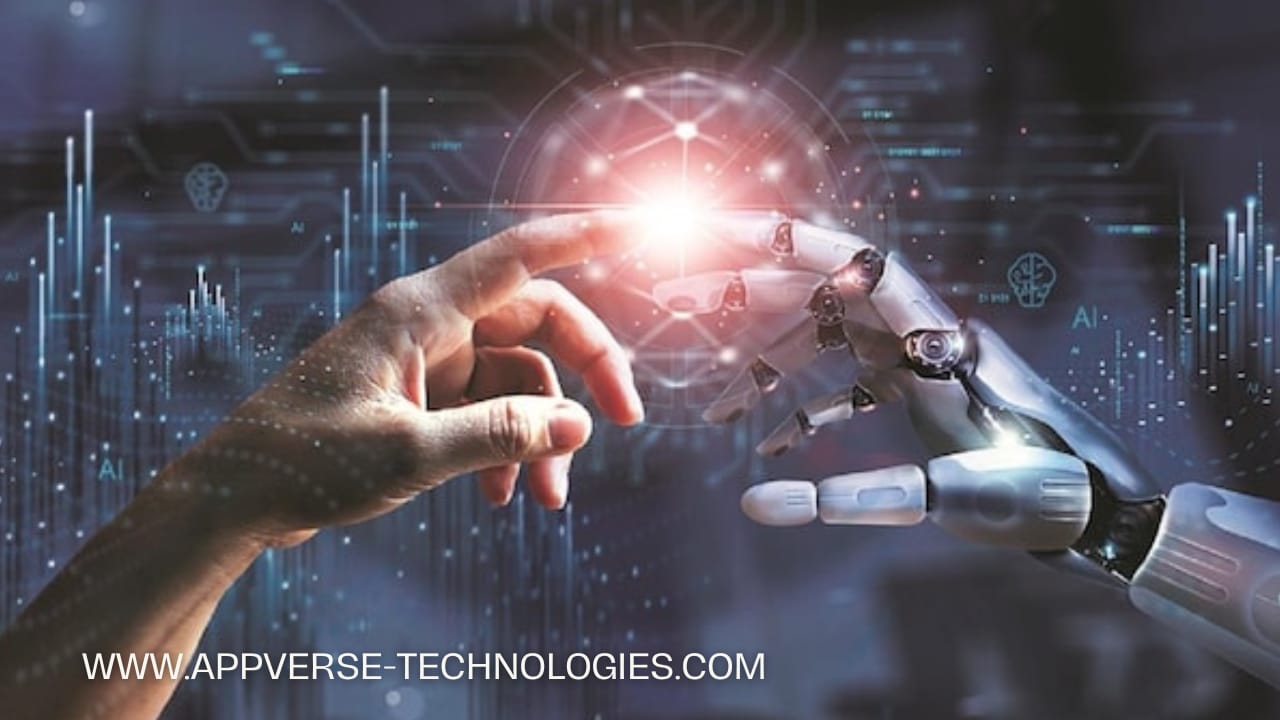
The Double-Edged Sword of AI: Exploring the Positive and Negative Effects
Artificial intelligence (AI) has revolutionized the world, transforming the way we live, work, and interact. As AI continues to advance, it’s essential to acknowledge both its benefits and drawbacks. In this blog, we’ll delve into the positive and negative effects of AI, exploring its impact on society, economy, and humanity.
Positive Effects:
- Increased Efficiency: AI automates repetitive tasks, freeing up human resources for creative and strategic work.
- Improved Healthcare: AI-driven diagnosis, personalized medicine, and drug discovery enhance patient care and outcomes.
- Enhanced Customer Experience: AI-powered chatbots, virtual assistants, and sentiment analysis improve customer support and engagement.
- Innovation and Competitiveness: AI fosters innovation, enabling businesses to stay ahead of the competition and drive economic growth.
- Environmental Sustainability: AI optimizes resource allocation, predicts and prevents natural disasters, and promotes eco-friendly practices.
Negative Effects:
- Job Displacement: AI automation replaces human workers, potentially leading to unemployment and social unrest.
- Bias and Discrimination: AI systems can perpetuate and amplify existing biases, exacerbating social inequalities.
- Privacy Concerns: AI’s reliance on data raises conccerns about privacy, security, and surveillance.
- Ethical Dilemmas: AI’s decision-making capabilities raise questions about accountability, responsibility, and moral implications.
- Dependence and Addiction: Over-reliance on AI can lead to decreased human critical thinking and problem-solving skills.
Conclusion:
AI is a double-edged sword, offering both transformative benefits and potential risks. As we continue to develop and integrate AI into our lives, it’s crucial to address the negative effects and ensure responsible AI development and deployment. By acknowledging both sides of the AI coin, we can harness its power to create a better future for all.
Recommendations:
- Invest in Education and Reskilling: Prepare workers for the changing job market.
- Develop Ethical AI Frameworks: Establish guidelines for responsible AI development.
- Prioritize Data Privacy and Security: Protect individuals’ personal information.
- Encourage Human-AI Collaboration: Foster symbiotic relationships between humans and AI systems.
- Continuously Monitor and Evaluate: Regularly assess AI’s impact and adjust course as needed.
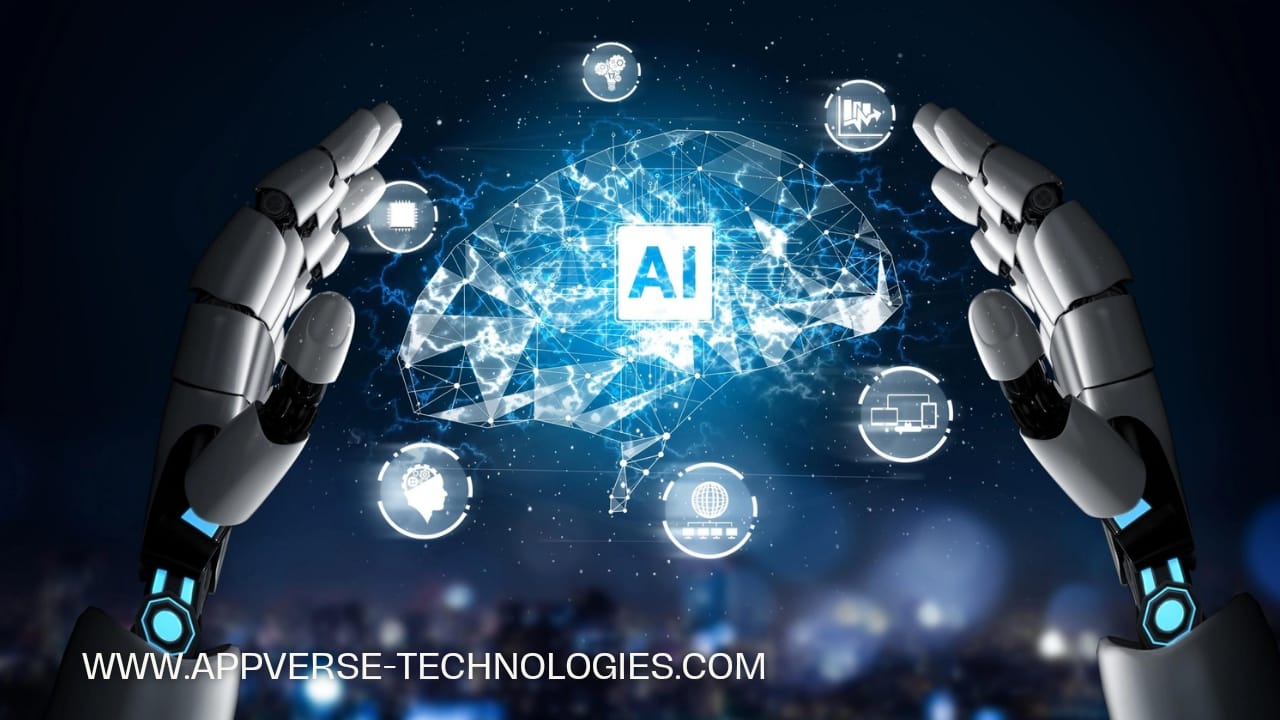
Why We All Use AI: Unlocking the Power of Intelligent Technologies
Reason 1: Convenience and Efficiency
AI-powered tools automate repetitive tasks, freeing up time for more creative and strategic work. Virtual assistants like Siri, Google Assistant, and Alexa make our lives easier by scheduling appointments, setting reminders, and providing information on demand.
Reason 2: Improved Decision-Making
AI analytics and machine learning algorithms help us make informed decisions by providing insights and patterns from vast amounts of data. Businesses use AI to predict customer behavior, optimize operations, and drive innovation.
Reason 3: Enhanced Customer Experience
AI-driven chatbots and virtual assistants offer personalized support, resolving customer queries and improving engagement. AI-powered sentiment analysis helps businesses understand customer preferences and tailor their services accordingly.
Reason 4: Innovation and Competitiveness
AI fosters innovation by identifying new opportunities, improving product development, and enabling businesses to stay ahead of the competition. Companies like Netflix, Amazon, and Google leverage AI to drive growth and disrupt industries.
Reason 5: Healthcare and Wellness
AI-driven diagnosis, personalized medicine, and drug discovery enhance patient care and outcomes. AI-powered wearables and apps promote fitness, monitor health, and provide personalized recommendations.
Reason 6: Safety and Security
AI-powered surveillance systems, fraud detection, and cybersecurity tools protect individuals and businesses from potential threats. AI-driven autonomous vehicles promise to reduce accidents and improve road safety.
Conclusion:
AI has become an indispensable tool in our daily lives, transforming the way we work, interact, and live. Its convenience, efficiency, decision-making capabilities, customer experience, innovation, healthcare, and safety features make it an essential technology for us all. As AI continues to evolve, we can expect even more transformative changes that will shape our future.
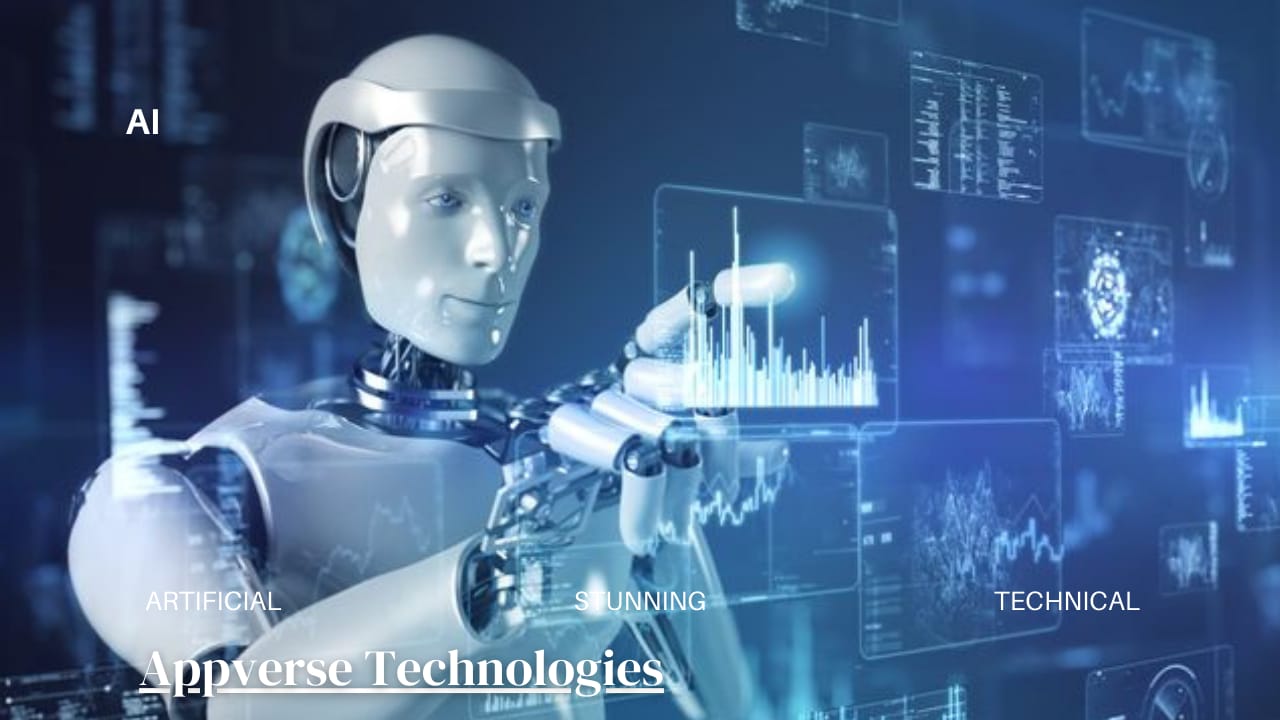
Revolutionizing Business with Artificial Intelligence: Unlocking Growth and Efficiency
Artificial intelligence (AI) is transforming the business landscape, enabling companies to streamline processes, enhance customer experiences, and drive innovation. In this blog, we’ll explore the applications and benefits of AI in business, and how it can help companies stay ahead of the curve.
Applications of AI in Business:
- Automation and Efficiency: AI automates repetitive tasks, freeing up human resources for strategic decision-making and creativity.
- Data Analysis and Insights: AI analyzes vast amounts of data, providing actionable insights that inform business decisions.
- Customer Experience and Support: AI-powered chatbots and virtual assistants offer personalized support, resolving customer queries and improving engagement.
- Predictive Maintenance and Quality Control: AI-driven predictive maintenance reduces downtime, improves asset utilization, and optimizes resource allocation.
- Marketing and Sales: AI-driven marketing and sales tools enable businesses to target customers more effectively, improving conversion rates and revenue growth.
Benefits of AI in Business:
- Increased Productivity: AI automates tasks, freeing up human resources for high-value work.
- Improved Decision-Making: AI provides actionable insights, enabling data-driven decisions.
- Enhanced Customer Experience: AI-powered support and personalization improve customer satisfaction and loyalty.
- Competitive Advantage: AI adoption enables businesses to stay ahead of the competition and drive innovation.
- Cost Savings: AI automation and efficiency improvements reduce operational costs.
Best Practices for Implementing AI in Business:
- Start Small: Begin with a specific use case or department to test and refine AI applications.
- Define Clear Objectives: Establish measurable goals and KPIs for AI adoption.
- Invest in Data Quality: Ensure accurate and relevant data to fuel AI insights and decision-making.
- Develop a Skilled Workforce: Upskill and reskill employees to work effectively with AI tools.
- Monitor and Evaluate: Continuously assess AI’s impact and adjust course as needed.
Conclusion:
AI is a game-changer for businesses, offering numerous benefits and applications that drive growth, efficiency, and innovation. By understanding the applications and benefits of AI, and implementing best practices, companies can unlock its full potential and stay ahead in the competitive market. Embrace AI and revolutionize your business today!
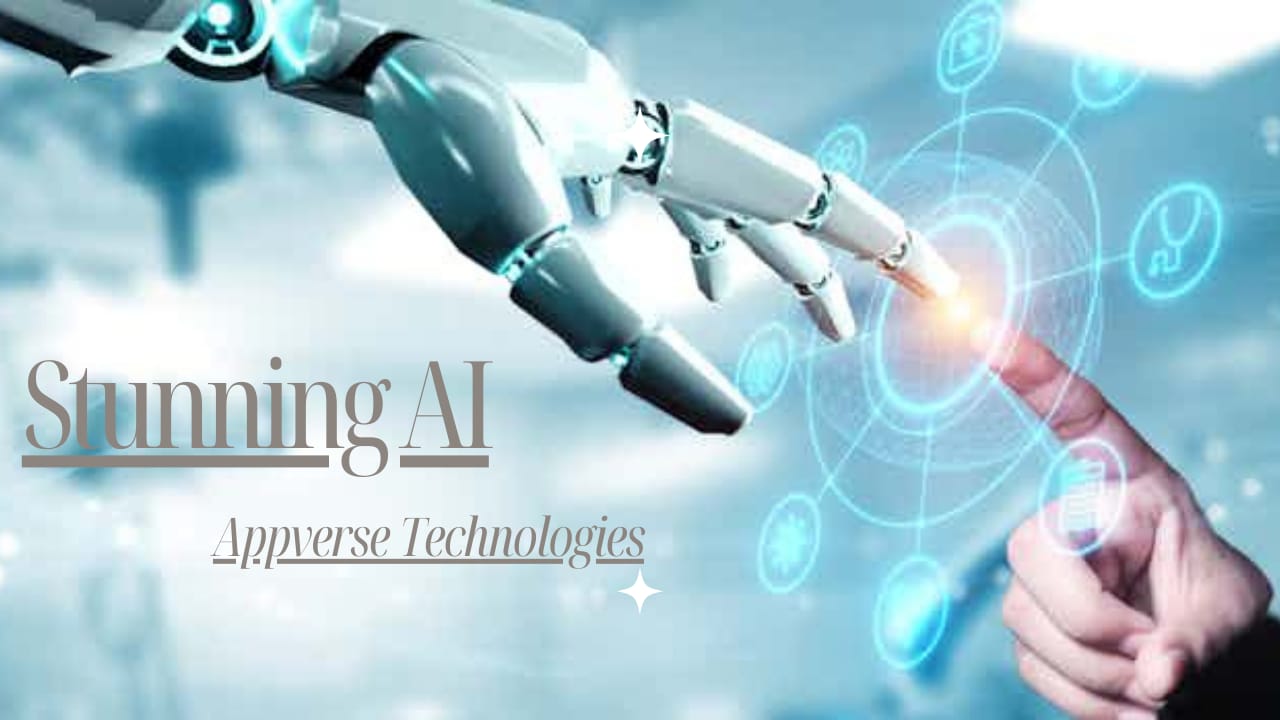
The Global Impact of Artificial Intelligence: Transforming Industries and Lives Worldwide
Artificial intelligence (AI) has become a global phenomenon, transforming industries and lives across the world. From healthcare to finance, transportation to education, AI is revolutionizing the way we live and work. In this blog, we’ll explore the use of AI all over the world, highlighting its applications, benefits, and impact on various regions and sectors.
AI in Healthcare:
- Hospitals in the US and UK use AI-powered diagnosis tools to improve patient outcomes.
- In Africa, AI-driven telemedicine platforms provide access to healthcare services for remote communities.
AI in Finance:
- Banks in Asia use AI-powered fraud detection systems to secure transactions.
- In Europe, AI-driven trading platforms optimize investment decisions.
AI in Transportation:
- Self-driving cars are being tested in the US, Japan, and Germany.
- AI-powered traffic management systems reduce congestion in cities like Singapore and Dubai.
AI in Education:
- Virtual learning platforms use AI-powered adaptive learning in the US and Australia.
- In India, AI-driven tutoring tools provide personalized education for students.
AI in Manufacturing:
- Factories in China and Germany use AI-powered robots for efficient production.
- In the US, AI-driven predictive maintenance reduces downtime in manufacturing plants.
Regional AI Hubs:
- Silicon Valley (US): AI innovation and entrepreneurship hub
- London (UK): AI research and development hub
- Singapore: AI adoption and implementation hub
- Beijing (China): AI development and deployment hub
Benefits of Global AI Adoption:
- Improved efficiency and productivity
- Enhanced decision-making and accuracy
- Increased access to healthcare, education, and financial services
- Economic growth and job creation
Challenges and Concerns:
- Job displacement and skill obsolescence
- Data privacy and security risks
- Ethical considerations and bias
- Regulatory frameworks and standards
Conclusion:
AI has become a global force, transforming industries and lives worldwide. As AI continues to evolve, it’s crucial to address challenges and concerns while harnessing its potential to drive growth, innovation, and prosperity for all. Embrace the AI revolution and shape the future!
